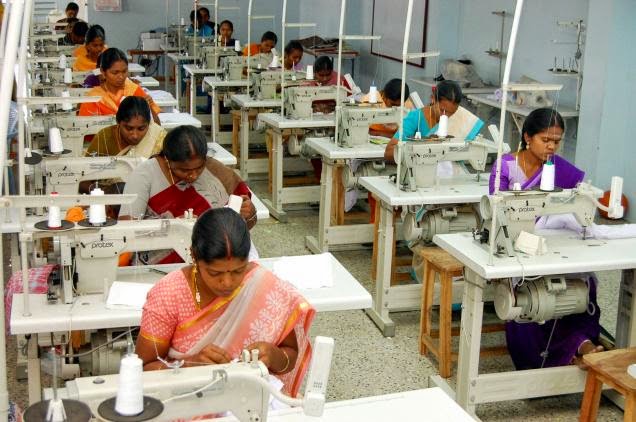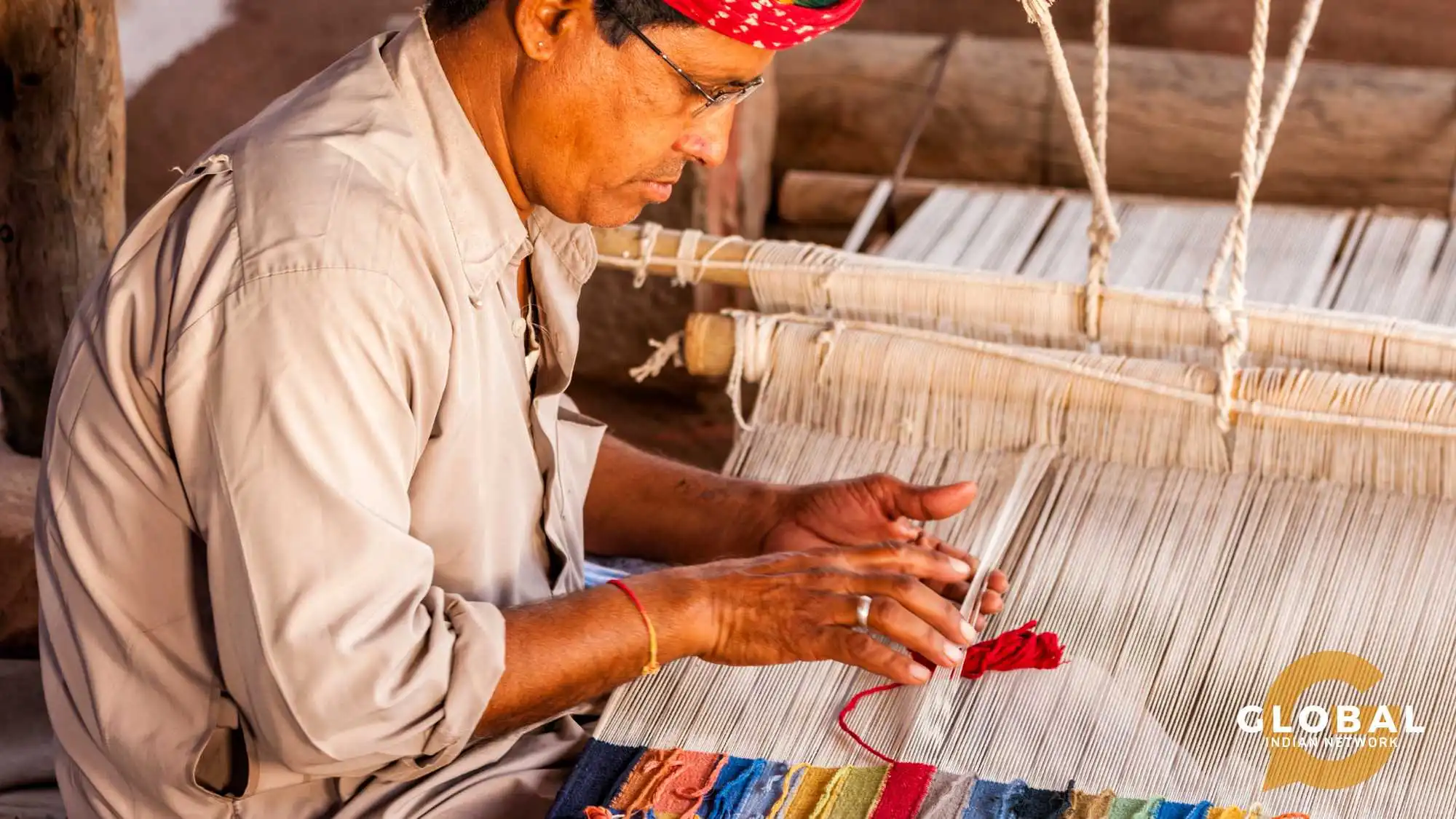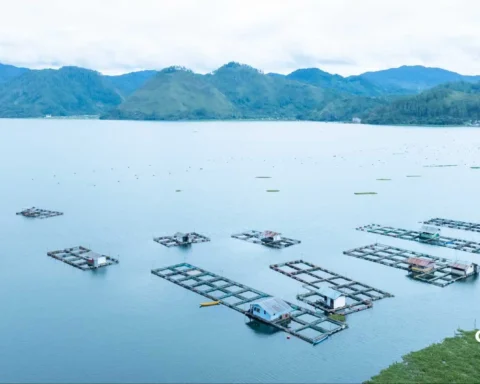Small-scale industry is the backbone of the Indian economy. Therefore, every August 30th is celebrated as Small Industry Day to remind people of its significance in contributing to the national economy. Small-scale industries also aid large-scale industries by producing ancillary goods and maintaining ecological balance, which is very much required nowadays.
Let us now delve deeper into how small-scale industries foster entrepreneurship and sustainable development simultaneously. While addressing these issues, we will also examine the challenges that small industries face and the solutions available to overcome those challenges.
Table of Contents
Knowing the History of Small Industry Day
Small Industry Day, or Small Scale Industry Day, is celebrated every August 30th. To trace its history, on this very date in 2000, the Indian government mapped out a comprehensive policy package for small-scale industries (SSI). This policy helped small-scale industries develop infrastructure and technology.
The policy package succeeded in boosting the small-scale industry sector. To commemorate this success, the central government declared August 30th as National Small Industry Day in 2001. The event was initiated with the inauguration ceremony, followed by the award distribution and finally, an open house discussion.

Empowering Small Industries: Significance of Small Industry Day
National Small Industry Day is important as it encourages small businesses to expand their enterprise, and this expansion leads to increasing employment opportunities for youth. The significance of this day can be summarized in the following points:
- Recognition: This day is commemorated to recognize and celebrate the contributions of small-scale sector industries to the economic growth of the country.
- Policy Package: On this day, the extensive policy package that was taken in 2000 is remembered, which shows how government policies support small-scale enterprises in combating challenges.
- Encouragement: National Small Industry Day shows that the government’s unwavering support plays a pivotal role in the growth potential of small-scale businesses.
- Open Room for Discussion: This day becomes an open forum for discussion that aims for discussions on software development, infrastructure and other aspects which will eventually lead to economic development.
- Vocal for Local Initiative: On National Small Industry Day, Prime Minister Narendra Modi initiated the ‘Vocal for Local’ initiative, which reiterates the support needed from citizens to promote local small businesses, job opportunities, and overall economic advancement.

Role of Small Industries in Sustainable Development
One cannot ignore the crucial role played by small industries in sustainable development, as they provide a substantial proportion of employment and contribute to India’s economy. Since small-scale industries are labour-intensive, they employ the youth as well as women. This solves the long-term problems such as unemployment, poverty, famine, undernourishment and food insecurity.

As small-scale industries create job opportunities for millions of people in rural areas, they help maintain ecological balance and the efficient management of natural resources. These industries work on a shorter production timeline and even help large-scale industries by producing ancillary goods or the components required for the final assemblage before the process of output.
By providing an alternative avenue for rural employment and promoting diversified occupations, small-scale industries make room for reduced agricultural dependence. Small-scale industries are a good option for developing countries like India because it contributes to nearly 40% of India’s total exports.
Fostering Entrepreneurship Through Small Industry Day Initiatives
National Small Industry Day powerfully reminds us of the indispensable role played by small-scale industries, especially in developing countries like India. This day acknowledges their accomplishments and growth potential in the coming future, which enhances the overall national business growth.
Since small-scale industries require little capital, they are easy to start. The only thing needed is the entrepreneurial spirit to encourage growth through innovations and economic growth. These types of industries preserve cultural heritage as they conserve the original forms of art and handicrafts, such as the khadi and coir industries.
The Government of India has introduced Micro, Small, and Medium Enterprises (MSME) in accordance with the Micro, Small and Medium Enterprises Development (MSMED) Act of 2006, which fosters employment opportunities and the development of rural areas. It has also helped in the industrialization of rural areas with low-cost capital and invaluable contributions to domestic production.

Addressing Challenges and Opportunities of Small Industries
Small-scale industries indeed play a vital role not only in urban but also in rural sectors, strengthening the economic power of the nation and fostering overall balanced growth. However, despite the opportunities provided by this sector, there are many challenges. Still, there is always room for solutions to overcome the challenges. Let us know both of them one by one.
Challenges
The challenges provided by small-scale industries are:
- Limited Financial Resources: Since small industries have limited financial resources, they face challenges in investing in technology and marketing.
- Uneven Competition: They face unfair competition from larger and more established companies, which requires them to use their innovation tactics to stay afloat in the market.
- Regulatory Problems: Since small industries lack dedicated legal departments, they face problems with regulations.
- Financial Issues: Small businesses struggle to access loans or receive appropriate funding from investors.
Opportunities for Future
The opportunities for small-scale industries for future developments and overcoming the challenges are:
- Digitalization: By embracing digitalization and automation, small-scale industries can enhance their productivity and competitiveness.
- Eco-friendly Initiatives: Small-scale industries can attract more consumers by producing eco-friendly products, as this is the current market demand.
- E-commerce platform: The rise of the e-commerce platform gives these industries a global consumer base, leveraging their competition with large-scale industries.
- Partnership: Collaborating with other small-scale industries can have a combined effect that leads to the growth of all small industries.
ALSO READ:
- The Manufacturing Sector in 2024: A Look into the Indian Economy
- Agricultural Entrepreneurship: A Sustainable Path to Rural Development
- Maximizing the Economic Impact of Sustainable Agriculture
- Economy of Slovenia | Why is Slovenia So Rich?
Conclusion
Small-scale industries are essential for the growth of an economy, especially in a developing country like India, and therefore, the government focuses on these industries. Planning out a clear objective and devising new techniques for modernizing small-scale traditions on Small Industry Day will not only help these industries compete with other large-scale industries in the market but will also encourage more people to join.
In this way, small industries retain the traditional and domestic products of our country and also give a long-term solution to the issue of unemployment that looms in India.

FAQs
Which Industries are defined as Small-Scale Industries?
Small-scale industries are those that do not require much capital or labour power to start, as they only require an entrepreneurial spirit for innovations and economic progress.
What are the Objectives of Small-Scale Industries in India?
The key objectives of small-scale industries in India are to digitalize them, make them accessible to the global market, and produce eco-friendly products.
What are the Problems of Small-Scale Industries in India?
The problems of small-scale industries in India are- limited financial resources, uneven competition, regulatory issues and lack of funding.









